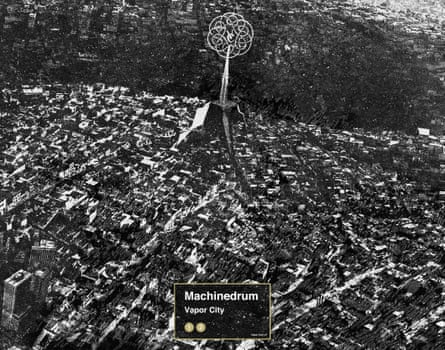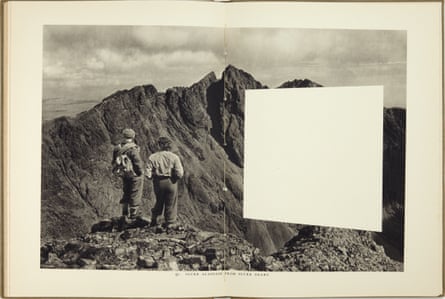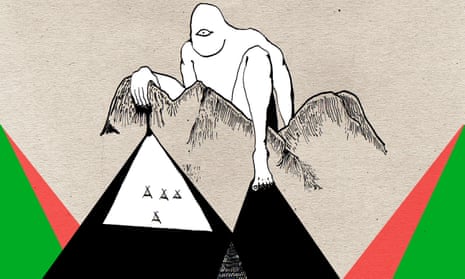A fair celebrating the future of physical objects in media – from books and magazines to records and cassettes – will debut in London this autumn, demonstrating that print is anything but dead.
Future Artefacts brings independent record labels together with art house publishers, indie presses and magazines to showcase how such objects have developed in the digital, pushing the boundaries of print and physical music formats.
The three-day fair, which will be held the weekend after Frieze contemporary art fair in October, will see labels such as Ninja Tune, Big Dada and Huntleys + Palmers presenting various limited edition records, CDs, cassettes and album artwork for people to buy. Independent publishers such as Bemojake, Eros Press and Four Corners Books will all be showcasing and selling their art books, journals and prints.

Ben Freeman, who runs the independent arts publishing company Ditto Press and co-established Future Artefacts, said the event is about emphasising how print media and physical objects still play a fundamental role across the arts.
“We are all at this intersection where everyone has realised that the internet hasn’t killed the record industry, it hasn’t killed the publishing industry, it has just changed it,” he said. “Record sales are going up and there are more high-end beautiful magazines being produced now than there were 10 years ago, yet there’s much less of the dross in the middle, so this is about bringing them all together so people can experience what’s happening across all the different disciples.”
Freeman’s appreciation for printed media began in the 90s when he made DIY fanzines for illegal squat raves, including one called the Recovery Position, featuring interviews with gabber musicians, which he would then sell himself at the gigs. However, he was keen to stress this was not an event celebrating the halcyon days past, but instead looking forward to the changing role of physical media and how it was being used in increasingly more creative ways.
“There is this perpetual debate around the question ‘Is print dead?’ which I really don’t think is relevant at all,” he said. “We want to celebrate the physical objects but not in a retrogressive way, so this isn’t about making some statement that life was better in the 70s when everyone bought records. The way we use print now is very different and it means people are doing some very forward-facing progressive things using print media at the moment.

“Print is no longer a necessity – if you just want to consume a book or an article you can just read it on your phone – but the experience of a physical object is unique and specific and it’s not going anywhere. Look at Wired: it is purely about cutting edge technology but they print a beautiful magazine. It’s because the magazine has an archival quality and is something people spend a different time consuming.”
Both the arts and music worlds had a tendency to be very insular, said Freeman – who hopes, by bringing together 40 different brands, to provoke interesting discussions and collaborations. The fair will be free to enter with an emphasis on affordability, with most of the items on sale priced around £20 to £30.
Freeman is adamant the Future Artefacts event comes at a time when the market for physical media is growing, with an increasing number of people actively seeking out the tactile experience of reading a printed book or magazine or listening to a piece of music on something other than a laptop.
Freeman said: “Speaking to record labels like Ninja Tune, they said they sell a lot of music online and stream a lot of music online but they also sell a lot of [physical] products and it is to a growing audience.”
He added: “The landscape has changed but everyone’s lost that initial panic and has kind of embraced where it’s going. What is being manufactured now is on a smaller, much higher quality scale and I think that’s to be encouraged.”
- The Future Artefacts fair will take place in Shoreditch Studios in east London from 23-25 October.
